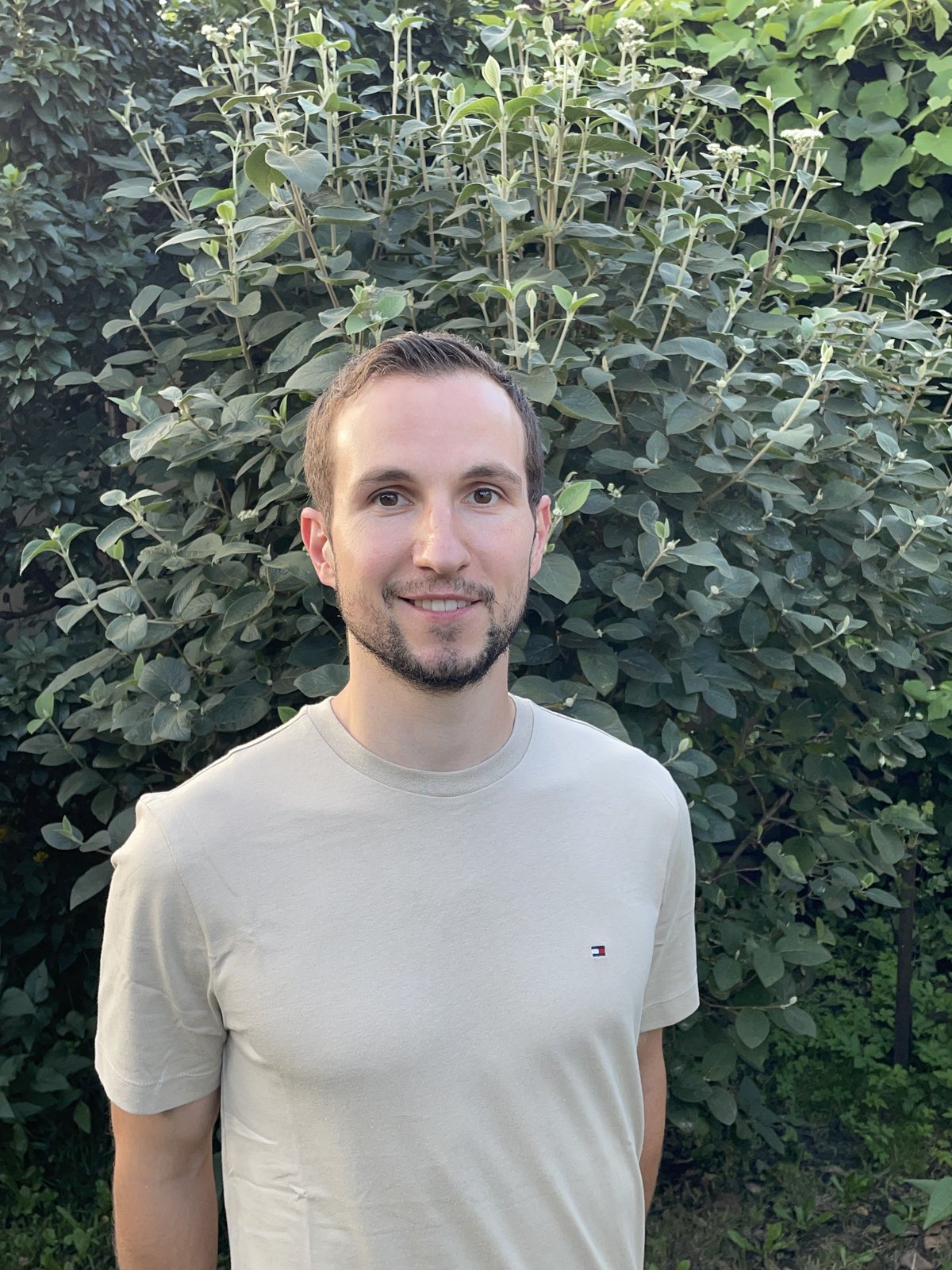Interview with BTU alumnus Felix Jensch (Mechanical Engineering)
Felix Jensch studied Mechanical Engineering at the BTU in Cottbus for his Bachelor's and Master's degrees. He is now also working and completing his doctorate here in the Hybrid Manufacturing chair, where he was honoured with the PhD Sustainability Bursary Award for his research work on the production of titanium components.
Hello Mr Jensch, how did you come to study at BTU and what was your experience like here?
After leaving school, it was clear to me that I wanted to stay in the region. At the same time, I have always been most interested in scientific and technical subjects. That's why studying at BTU was the ideal choice. I chose Mechanical Engineering because I wanted to develop a deeper understanding of technical contexts. I was particularly attracted by the structure of the study programme, which offered a good mix of theoretical knowledge and practical application. As a student, I also really appreciated the short distances on the main campus and the easy accessibility of the lecturers. The personal contact and fast communication made the programme very pleasant for me.
You are working and doing your doctorate here in the Hybrid Manufacturing chair. How did this come about and how was the transition from BTU student to BTU researcher for you?
During the first semesters, I realised that I was most interested in component manufacturing and lightweight construction. That's why I kept in touch after the modules led by the Chair of Hybrid Manufacturing (FHF) and subsequently wrote my bachelor's thesis here. After completing my bachelor's degree, I started working as a student assistant at the chair. Here, I carried out project-related design and simulation tasks in particular, which gave me an in-depth insight into the scientific processing of projects. This also familiarised me with the structures at the chair. The tasks I had already completed helped me to crystallise a topic for my Master's thesis, which I also wrote at the chair. In the end, the transition from student to researcher was not too great, although of course new areas of responsibility were added that I had to grow into.
What would you recommend to students who also want to go straight into science after their studies?
It definitely helped me a lot to work as an assistant in the chair during my studies. This gave me a good insight into the scientific processing of projects and I was able to apply the theoretical knowledge from my studies directly, which was very important for me. To do this, it is crucial to actively seek dialogue with staff members and lecturers. It is also possible to gain a good insight into scientific practice as part of student research projects. Ultimately, these experiences also make it easier to find a topic for your thesis that really inspires you.
You have been honoured with the PhD Sustainability Bursary Award 2025 for your research work. Please tell us more about your research work.
In my dissertation, I am working on methods to accelerate the Laser Powder Bed Fusion (L-PBF) process. In this process, a laser melts a fine metal powder layer by layer on the basis of a digital 3D model until the component has been completely built up. This allows very complex geometries to be produced that cannot be manufactured using conventional processes. One major disadvantage is the comparatively low productivity of the process. However, as the accelerated production of a component has an influence on its properties, it must also be ensured that these continue to fulfil the requirements of the standards. Here, we found that with the accelerated process parameters that fulfil these requirements, significantly less energy is required to manufacture the components in the L-PBF process, which was ultimately the decisive factor for the award. It is important to mention that these results would not have been possible without the good cooperation between Prof. Härtel, Dr Sviridov and Mr Dubinin from the FHF and Prof. Weiß and Mr Karabulut from the Chair of Physical Metallurgy and Materials Technology. Most of my day-to-day work involves planning and documentation of experiments and the results achieved. In addition to the paperwork, I am regularly involved in design tasks or setting up process simulations. With the preparation and realisation of construction jobs on the L-PBF annexes, practical tasks are also part of my daily work, which is definitely a good change from computer work. Developing new project ideas and preparing research proposals are also a regular part of my work. With seven L-PBF annexes, we have a unique research laboratory in this field at the FHF. This makes the planning, realisation and investigation of L-PBF production with different materials much easier. In addition, we can produce and analyse the powdered starting material ourselves and have annexes for post-processing and testing the printed components. All of this provides optimal conditions for working on research questions in this field.
What do you miss most from your periods of study?
Studying gave you more freedom in organising your day and occasionally the opportunity to sleep longer. I also remember the carefree attendance of seminars, especially at the beginning of the semester when exams were still a long way off. I also don't want to miss studying together for exams.

